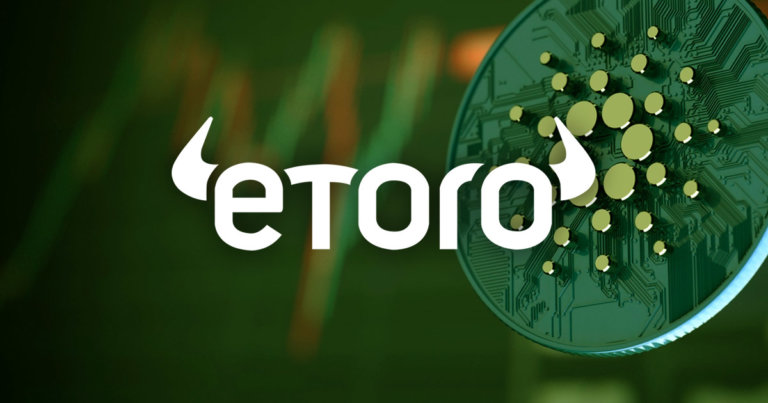 eToro cites regulatory concerns as it plans to delist Cardano and Tron for U.S users
eToro cites regulatory concerns as it plans to delist Cardano and Tron for U.S users eToro cites regulatory concerns as it plans to delist Cardano and Tron for U.S users
The social trading platform said, despite the delistings, it remains committed to supporting the crypto ecosystem.

Cover art/illustration via CryptoSlate. Image includes combined content which may include AI-generated content.
Social trading exchange eToro said it would delist Cardano (ADA) and Tron (TRX) for U.S users. Affected users will not be able to open new positions or receive staking rewards in respect of those tokens.
The company said the move was due to “considerations” related to “the evolving regulatory environment.” It made no further comments regarding what this meant exactly.
“These changes are due to business-related considerations in the evolving regulatory environment.”
Details of the eToro Cardano and Tron delisting
According to a post from eToro, from December 26, U.S users will not be able to open new Cardano or Tron positions. While December 31 is when staking for those digital assets will end.
What’s more, staking reward payouts are set to finish on January 15, 2022, with the final reward being paid in USD rather than in the respective tokens.
The firm made clear that they are limiting U.S users from opening new positions. And they are not forcing users to close existing open positions. Nonetheless, the net result will still see a tailing off of Cardano and Tron trading volume over time.
“You will still be able to close existing positions as you see fit.”
eToro remarked that they were disappointed in having to take this step. But they remain committed to actively supporting the crypto ecosystem in general.
IOHK boss chimes in with his views on U.S crypto regulation
Speaking to the Thinking Crypto YouTube channel last week, Cardano founder Charles Hoskinson said the U.S needs a new outlook regarding crypto regulation. Adding that, the current regulatory environment does not work well for digital assets.
In particular, Hoskinson highlighted the flaws in both functional and definitional systems. Explaining further, he said crypto needs to be regulated based on how it functions or is used.
“The US needs to move to a functional regulation system instead of a definitional system. We’ve moved beyond the world that something’s a commodity and something’s the currency and something’s a security.”
Running with the definitional system, Hoskinson slammed how regulators have failed to adequately determine sound definitions, citing virtual asset providers and utility tokens as examples of this.
“we need to move to a system for regulation that has much better definitions about things. So we really don’t have a good definition of virtual asset service provider in the United States. We don’t really have a definition of what is a utility token…”
Overall, he said the industry needs a better functional model and a better definitional model to move forward in respect of fairer regulation.











































































































